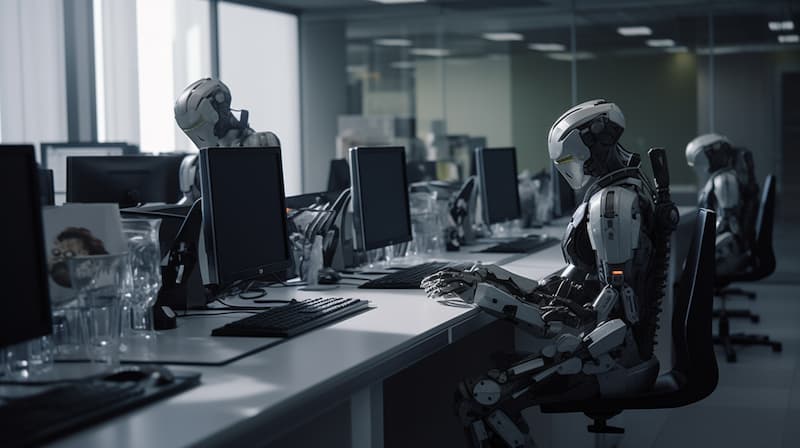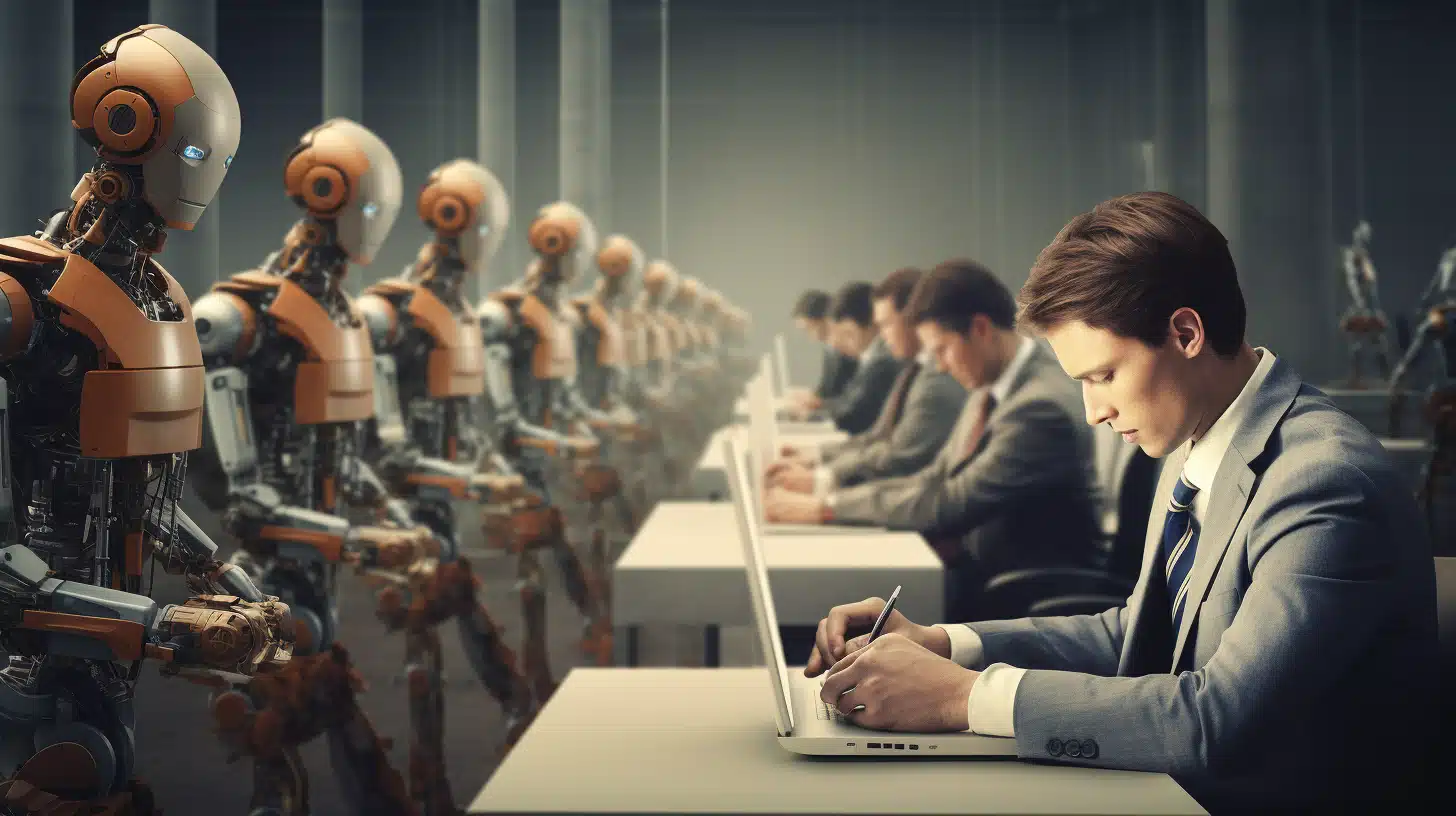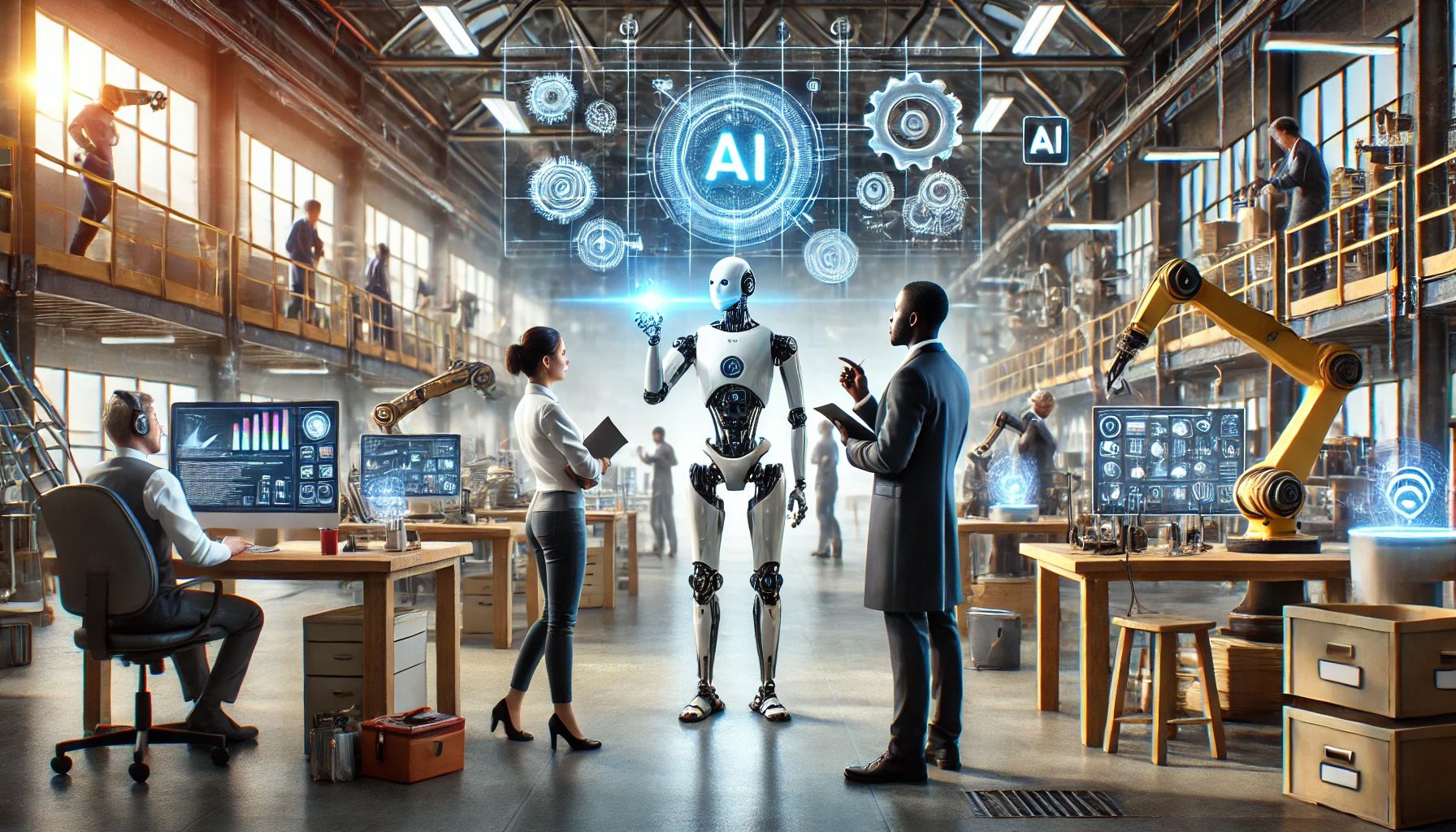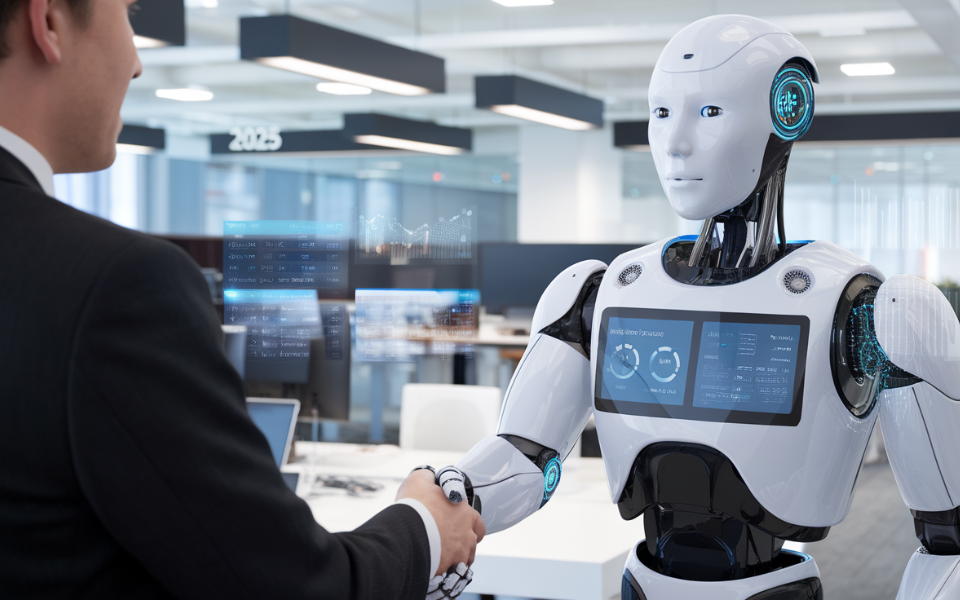Artificial Intelligence (AI) is transforming the way we work, reshaping industries, and changing the skills needed in the modern workforce. As AI-powered automation becomes more widespread, it’s essential to understand how it works and what it means for both jobs and career planning.
What is AI and Job Automation?
AI refers to the use of machines and software that can mimic human intelligence, including learning, problem-solving, and decision-making. Job automation uses AI and robotics to perform tasks traditionally done by humans—ranging from simple repetitive work to complex analysis and decision-making.
How AI is Automating Jobs
Repetitive Task Automation
AI systems can efficiently handle repetitive and time-consuming tasks such as data entry, invoice processing, and scheduling. This boosts productivity and reduces the chances of human error.
Customer Support and Chatbots
Many businesses now use AI-powered chatbots to handle customer queries, provide support, and process basic transactions 24/7. These bots are becoming more intelligent and personalized through natural language processing.
Predictive Analytics and Decision-Making
In fields like finance, logistics, and healthcare, AI algorithms analyze massive datasets to predict trends, detect risks, and make informed decisions faster than humans can.
Robotics in Manufacturing
AI-enabled robots are widely used in factories to assemble products, conduct inspections, and manage inventory. These machines work with high precision and can operate continuously without fatigue.
Virtual Assistants and AI Tools
Digital assistants like Siri, Alexa, and Google Assistant help automate personal tasks, while AI tools in workplaces support scheduling, communication, and workflow management.
Opportunities and Challenges
New Career Paths
While AI may automate some roles, it also creates new ones in fields like data science, AI development, robotics, cybersecurity, and AI ethics. Jobs are evolving, and the demand for digital and technical skills is growing rapidly.
Upskilling and Reskilling
To stay competitive, workers need to adapt by learning new skills. Online platforms, bootcamps, and vocational training can help individuals transition into roles that complement AI rather than compete with it.
Ethical and Social Concerns
Job displacement is a major concern. As automation grows, there is a need to ensure fair transitions for affected workers, including support programs and policies that promote inclusive growth.
Human-AI Collaboration
Instead of replacing humans, AI can work alongside them—enhancing productivity, creativity, and decision-making. The future of work is likely to involve close collaboration between humans and machines.
Conclusion
AI and job automation are not just futuristic ideas—they are reshaping the world of work today. For beginners, understanding these changes is the first step to adapting and thriving in the evolving job market. With the right mindset and skills, AI can be seen not as a threat but as a powerful tool for innovation and opportunity.







Leave feedback about this